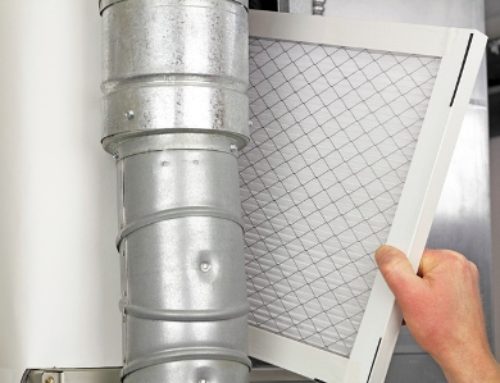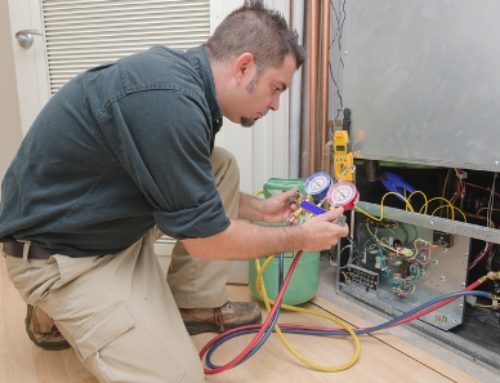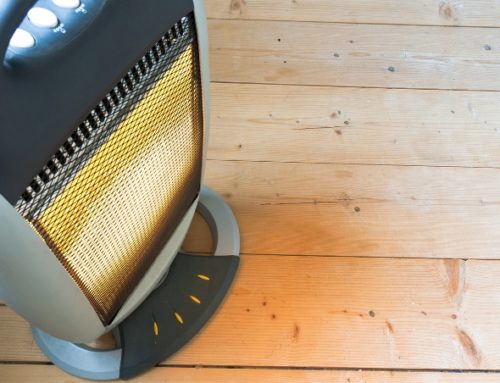 The tankless water heater, also referred to as an instantaneous water heater or demand-type water heater, is a system designed to allow the user to have instant access to hot water. Unlike the storage water heaters, the tankless water heater heats the water on a demand usage basis. When you turn on the hot water in your home, cold water passes through the unit, over a high-powered component of either an electric element or gas burner and the water is instantly heated. Studies indicate that the gas burner unit ranks higher than the electric element type of tankless water heaters. Theoretically, you always have access to immediate hot water, but remember, there is cold water in the lines and will have to be pushed through first. One of the drawbacks to this system is that you have a limited flow rate of typically two to three gallons per minute. This limits the amount of simultaneous hot water available, such as running the washing machine and taking a bath or shower at the same time. If you know you are going to have multiple “pulls” on your tankless water heater, you would need to install multiple units.
The tankless water heater, also referred to as an instantaneous water heater or demand-type water heater, is a system designed to allow the user to have instant access to hot water. Unlike the storage water heaters, the tankless water heater heats the water on a demand usage basis. When you turn on the hot water in your home, cold water passes through the unit, over a high-powered component of either an electric element or gas burner and the water is instantly heated. Studies indicate that the gas burner unit ranks higher than the electric element type of tankless water heaters. Theoretically, you always have access to immediate hot water, but remember, there is cold water in the lines and will have to be pushed through first. One of the drawbacks to this system is that you have a limited flow rate of typically two to three gallons per minute. This limits the amount of simultaneous hot water available, such as running the washing machine and taking a bath or shower at the same time. If you know you are going to have multiple “pulls” on your tankless water heater, you would need to install multiple units.
According to the Consumer Report, 30% of your home’s energy budget is associated with heating water. Manufacturers of the tankless water heater systems state that they can help you save on your cost of energy by half compared to storage water heaters. The storage water heaters lose energy efficiency by keeping the standby water warm. Tankless water heaters are considered to be 22% more efficient than a storage water heater.
You will need to run a long-term comparison in order to determine which gas heater is the best for you. The first consideration is the upfront cost of the tankless water heater. A tankless water heater averages 40-45% higher cost than a comparable storage water heater. The upfront cost of a tankless water heater potentially would not be realized for up to 20 years just to break even on the costs. And if two heaters were required to meet multiple usage needs, the savings realizations would be significantly longer. Tankless water heaters also require electrical outlets, new ventilation systems and upgraded gas piping. This additional cost of installation is significantly higher than that of a storage water heater. For more information you can always check out the Consumer Reports on both items.
With so many options available, call the experts at Climate Tech, we can help you make the best decision for your home heating needs.








